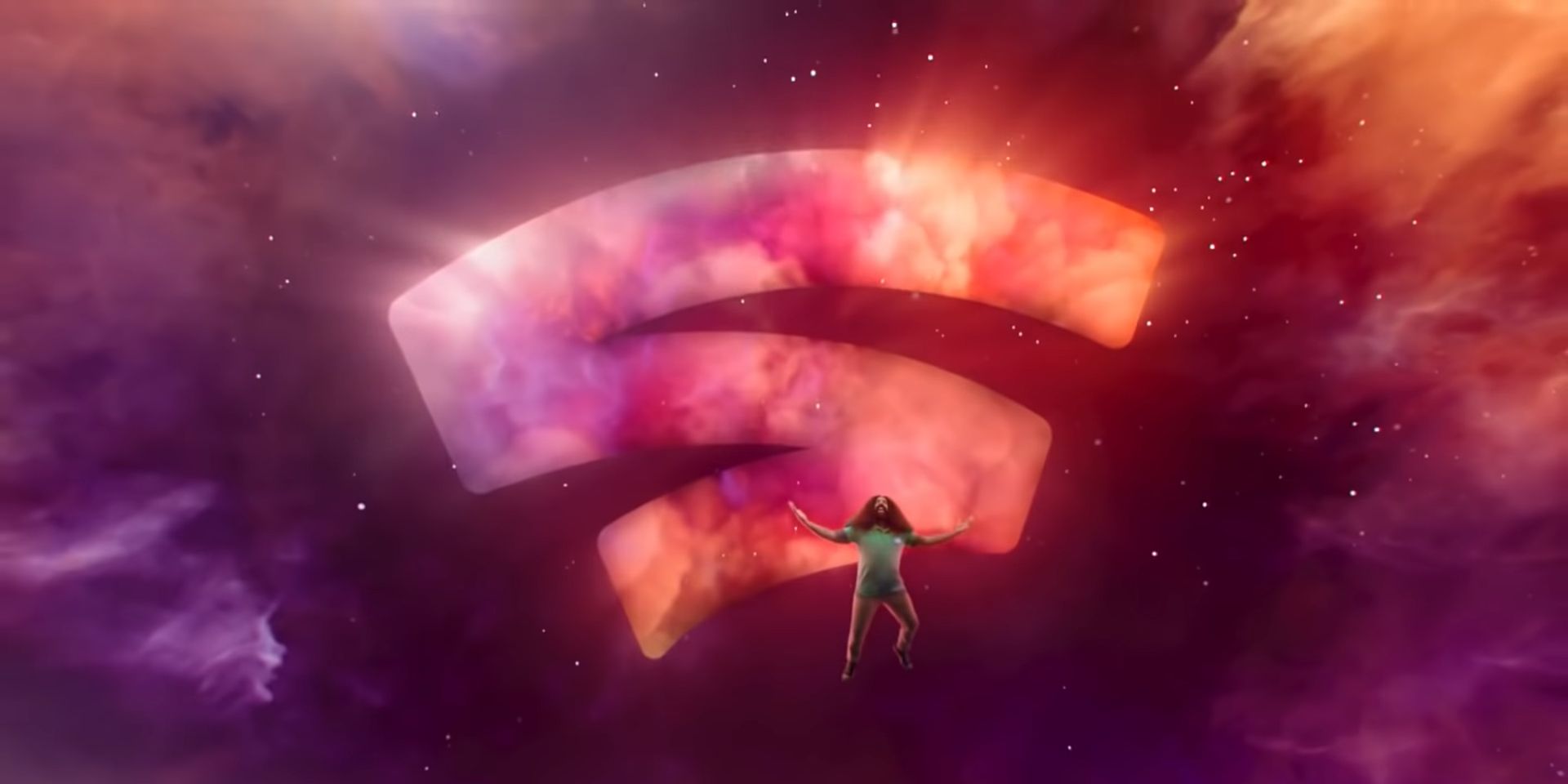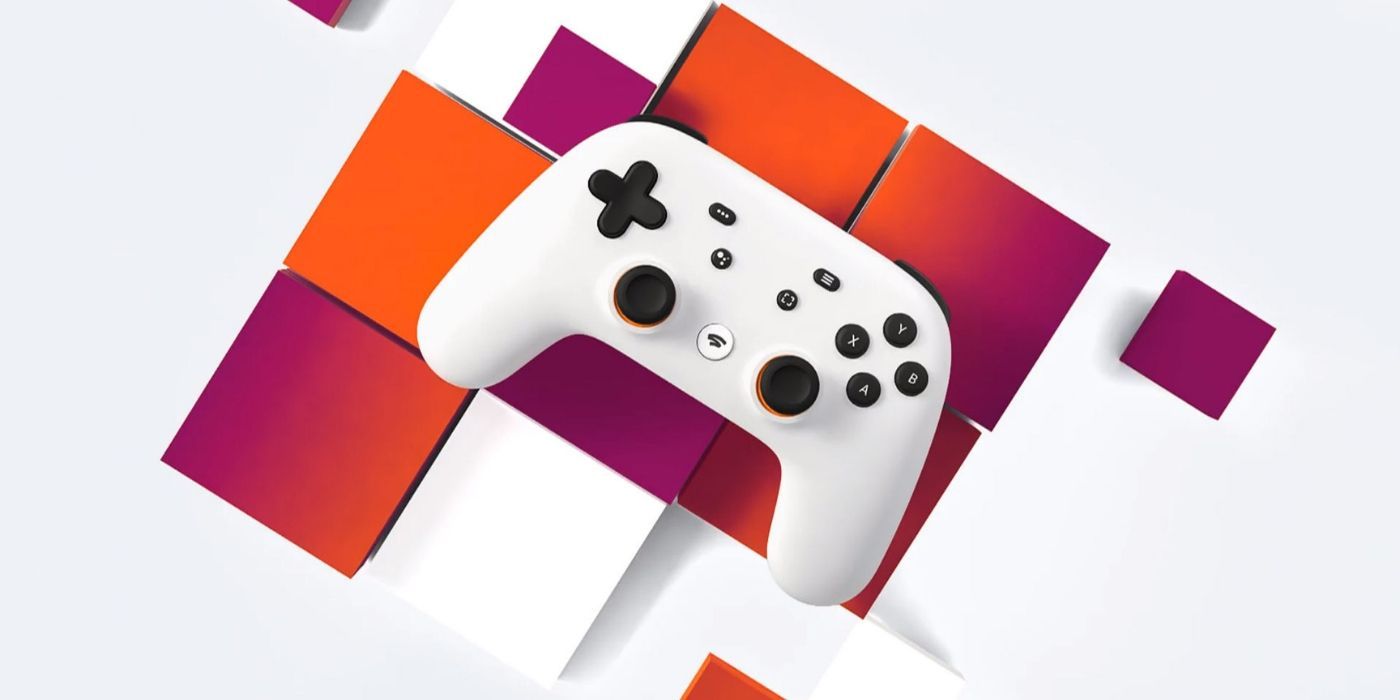
Seventy days after the launch of its Stadia Pro service, Google Stadia is still without many of its most alluring planned features, and early adopters are upset at Google's lack of communication. Many initial Google Stadia reviews last November asked, "Why now?" In Google's silence, Stadia's fans and the rest of the industry have been forced to come up with their own answers.
Even before Stadia launched, signs were pointing to a disappointing release. In a strange Stadia Reddit AMA, Google community managers' responses seemed to give nothing but bad news, detailing the service's many missing features, such as a complete lack of a web UI and no game sharing among a user's family group. This was, of course, almost a month after the Stadia Founder's Edition sold out already. Then launch day came, Stadia reviewed poorly, and the industry moved on. Google had not delivered the game-changer it seemed to be advertising.
It almost seemed like Google moved on, too. Besides vague promises of 10 timed-exclusive games and 120 total titles down the road, Google stayed mostly quiet about Stadia's future. Eventually, early adopters' morale lowered, and Stadia's strongest supporters began to doubt their investment. In a post with more than 8,700 upvotes, Reddit user Gizoogle told fellow Stadia owners that, after 40 days of no new game announcements or feature updates, "It's time we demand better." Gizoogle detailed all of Stadia's missing features still absent, making note of the fact that Google had not mentioned when iOS support will come or when Stadia will have its official release via the free Stadia Base service.

The morning after Gizoogle's post, Google broke its silence, announcing Metro Exodus and the Stadia-exclusive Gylt would join the Stadia Pro library in February. Besides the games, Google's update had almost no consequential new information. Its only mention of some of the community's most requested upcoming features - more Android phone support and wireless controller play in web browsers - was to say they are "right around the corner."
All of this makes one wonder why Google didn't wait until these features were implemented to launch the service - even just in its limited "Pro" form. The first possibility is a matter of timing: If Google knew it would be a while before Stadia was feature-complete, it may have wanted to get ahead of Microsoft's building push for Xbox's Project xCloud and the new console generation. That way, it could attempt to establish Stadia, with all its YouTube ads and marketing, as the big name in streaming before Microsoft had a chance. Even if the initial launch was lacking (which it was), an eventual update could then potentially have consumers asking, "Should I get Stadia now?" instead of, "What is Stadia?"
Still, if this was the plan, it might have made more sense to release the free version first, lowering the barriers to entry and roping in more who'd be likely to download future updates. The most probable scenario is that Google simply meant for Stadia's Pro release to be a sort of disguised beta test, putting up a paywall to recruit only the most adventurous gamers and tech enthusiasts to try out its service. Judging by the Stadia user base's unrest and dropping Stadia player counts, Google's de facto beta appears to be losing its usefulness. It's time for the company to make a big move, or it may have few remaining fans to test Stadia's new features.
Google Stadia's Founder's and Premiere Edition bundles released on November 19, 2019. The full, free version's release date has yet to be announced.
from ScreenRant - Feed https://ift.tt/2RAFnN2




